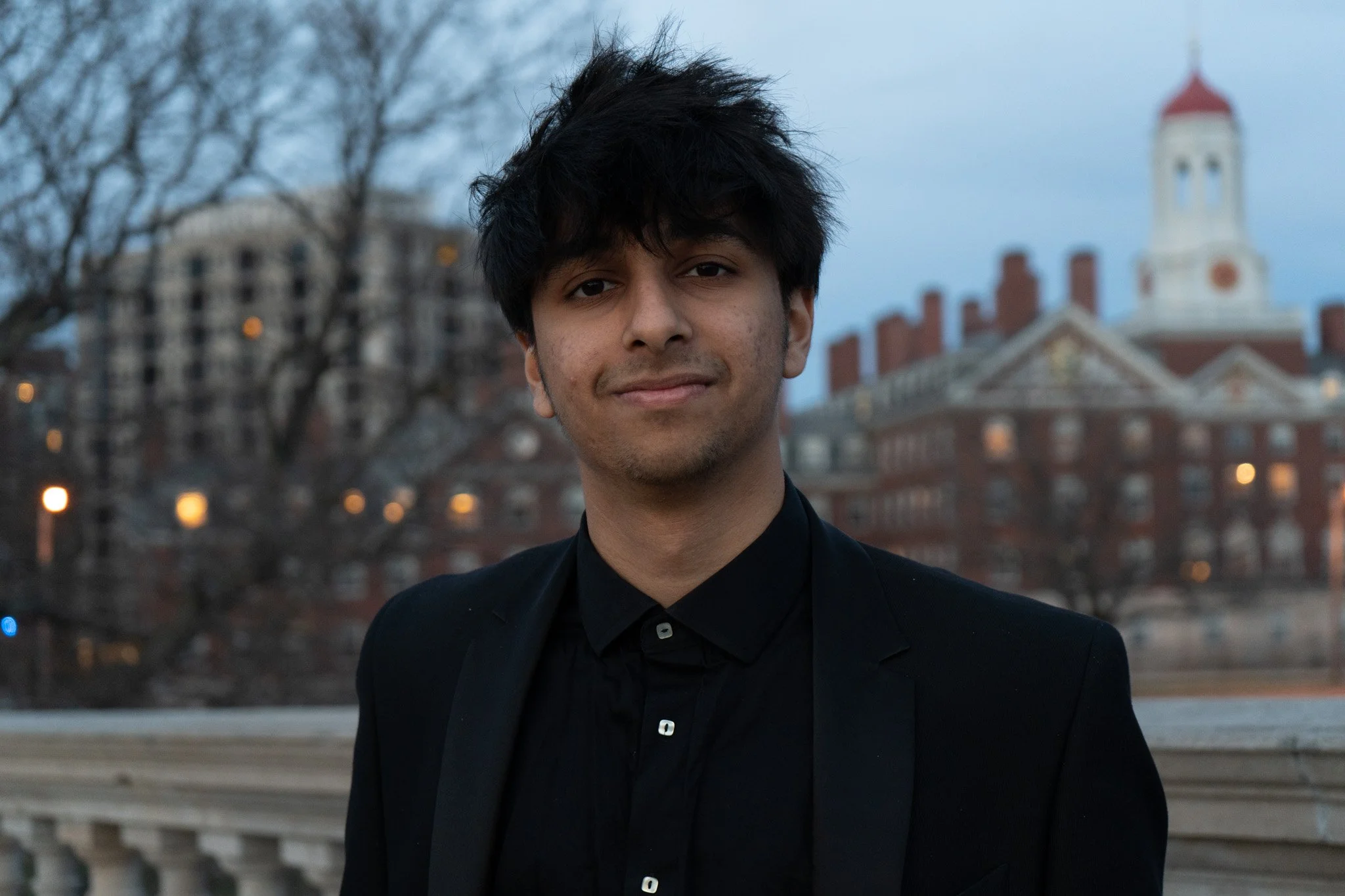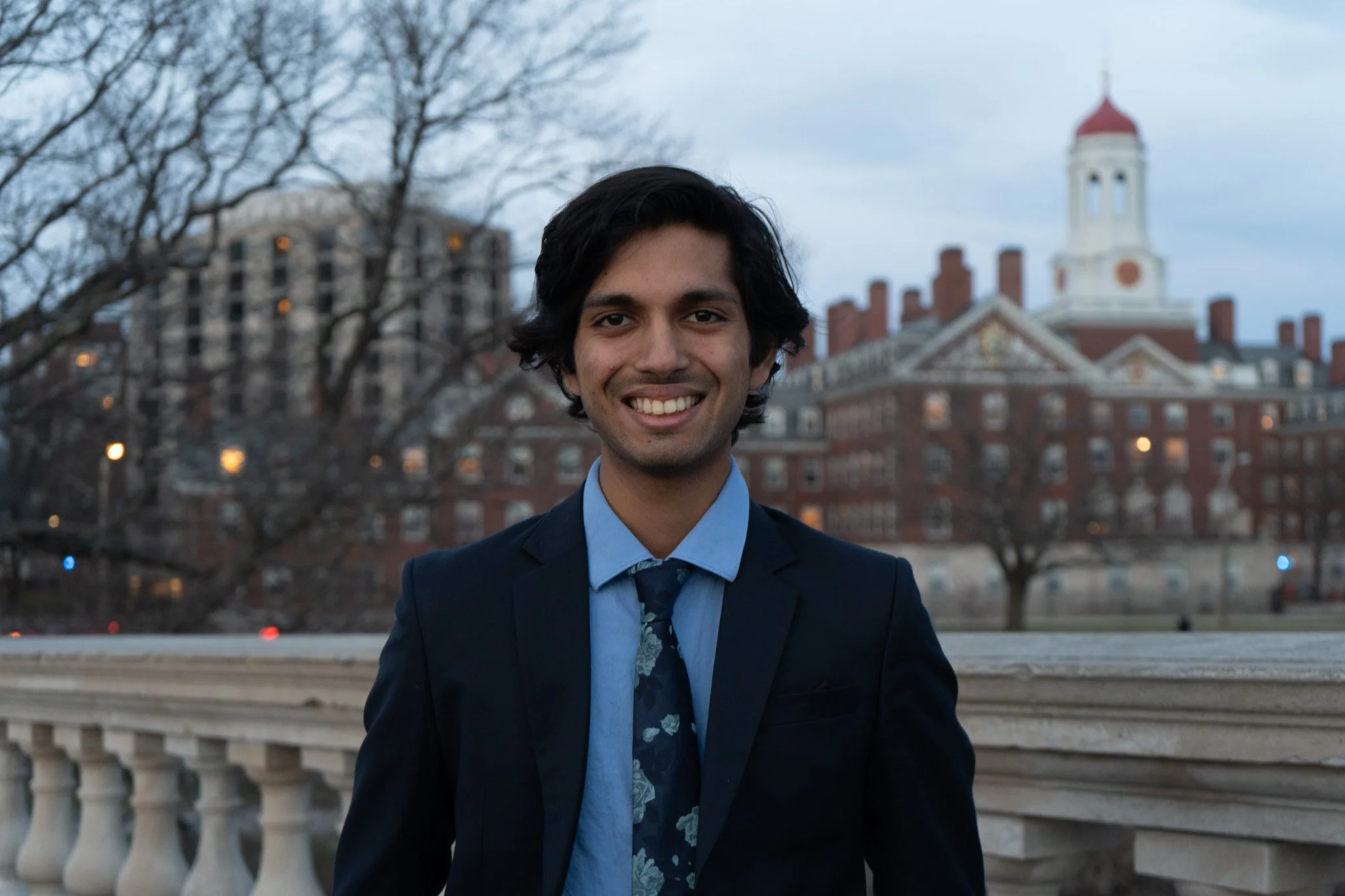I-Raq, You Roll
United Nations Security Council, Iraq, 2003
Director: Ved Pant | Crisis Director: Sahil Kuchlous
This committee will be run as a double delegation committee.
Topic Summary
The UNSC at HNMUN 2025 promises to be a dynamic, fast-paced, advanced committee that exemplifies the spirit of Model UN. The committee will dive into the 2003 Intervention and Occupation of Iraq, one of the most important conflicts the UNSC has engaged with since its inception. While much ink has been spilled on the justifications, details, and consequences of the 2003 Intervention, this committee will give its delegates the chance to rewrite history at this inflection point in both Iraqi and Middle Eastern politics. As the apex committee of the United Nations, the UNSC introduces its own unique dynamics to committee, such as the veto powers of the Permanent Five member nations, which will make navigating this committee tumultuous but extremely rewarding. With a balance of rich, meaningful substance and creative crisis components, this committee will be an incredibly enriching experience for all involved. We are very excited to see you in the Security Council this coming spring.
Director’s Letter
Dear Delegates,
It is my honor to welcome you to the UNSC at the 70th iteration of Harvard National Model United Nations. I am Ved Pant, a sophomore from Mumbai studying Applied Math. I started Model UN in middle school and have been involved in the Model UN program at Harvard in all capacities since coming to campus. I compete with our intercollegiate Model UN and staff our collegiate and high school conferences in Boston and internationally. Outside Model UN, I help manage The Harvard Shop, work at our college consulting group, and play for the Kennedy School Cricket Team.
The UNSC is a committee that encapsulates the spirit of Model UN. It strikes a balance between rich, meaningful substance and the dungeons-and-dragons-esque crisis elements that define the American collegiate circuit. As the only committee with both crisis and GA elements as well as veto dynamics, the UNSC stands out as one of the most unique experiences at any conference and in each delegate’s Model UN journeys. At the HNMUN 2025 UNSC, Sahil and I will strive to deliver this exact experience for you.
The 2003 Iraq intervention was a major inflection point in both Iraqi and Middle Eastern politics at large. The rise and fall of Saddam Hussein, as well as the nature of the American invasion and subsequent occupation have created fault lines in the Middle East that are fracturing to date. The legacy of foreign intervention and the UNSC’s role in this conflict is also particularly important — marked for instance by the 16 UNSC resolutions on WMDs that Saddam openly defied between 1991 and 2002 or UNSC resolutions 1453 and 1511 which helped shape the post-Saddam transition in American-occupied Iraq. Through this committee, we hope to give you the opportunity to revisit these moments in history and rewrite them to do better justice to the people, the region, and the national interests at stake in this conflict. This is a particular instance from recent history where the consensus of the international community and the UNSC altered the course of events on the ground. I hope this empowers all member states, from small non-aligned states to P5 nations, to play a major role in shaping this committee.
As with any committee discussing contentious issues, you are expected to behave with the utmost respect with regards to the darker elements of this agenda. HNMUN has a zero tolerance policy for disrespect when addressing matters of terrorism, gender-based violence, genocide, or colonialism. We do not expect you to shy away from addressing these topics; many, such as the attacks on 9/11, the neocolonial nature of American occupation, or Saddam’s threat of deploying WMDs are very real elements of this agenda without which any attempt to address it would be incomplete. I simply ask that you always show respect for the tragedies of this conflict, on all sides, as you address these more contentious and personal aspects of the agenda. If you have any questions or concerns about this policy, please feel free to reach out to me via email.
Best of luck, and see you in the spring!
Ved
Director, United Nations Security Council, Iraq, 2003
unsc@hnmun.org
Crisis Director’s Letter
Dear Delegates,
It is my pleasure to welcome you to the Security Council at Harvard National Model United Nations 2025.
My name is Sahil Kuchlous, and I look forward to serving as your crisis director! I am a senior at Harvard College concentrating in Computer Science with a secondary in Mathematics. I grew up in Bangalore, a city in South India, and began my MUN journey as a freshman in high school. My school had an amazing and passionate culture of MUN, and my seniors inspired me to try it out myself; I have not looked back since. I have been an active member of the MUN ecosystem at Harvard since my freshman year, and have directed and crisis-directed several times at both HMUN and HNMUN Boston. I have also chaired a number of our international conferences, including HMUN India and HNMUN Africa, and I compete with ICMUN, Harvard’s traveling team. Some would say this is too much MUN, and I’d probably agree. After directing the UNSC at HNMUN 2023, I’m excited to return as a crisis director this year!
This year our UNSC committee is historical, centered around the 2003 invasion of Iraq. This is a serious turning point in history, and one on which the UNSC has the ability to make a meaningful difference. Thus, we hope you treat the agenda with the respect it deserves, and we look forward to seeing the creative solutions you bring to the table. That being said, in the backroom we value creative crisis arcs, and we hope you’ll keep us entertained! Feel free to make references to popular culture (or unpopular culture), and try to inject personality into your notes. In exchange, we’ll match your energy through our responses and our updates! I’m very excited to be running this committee with Ved, and we hope you enjoy your weekend with us.
Sahil Kuchlous
Crisis Director, United Nations Security Council, Iraq, 2003
unsc@hnmun.org



